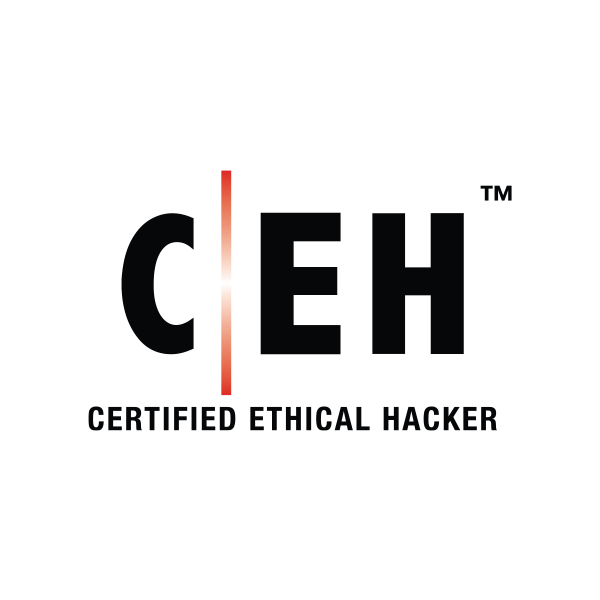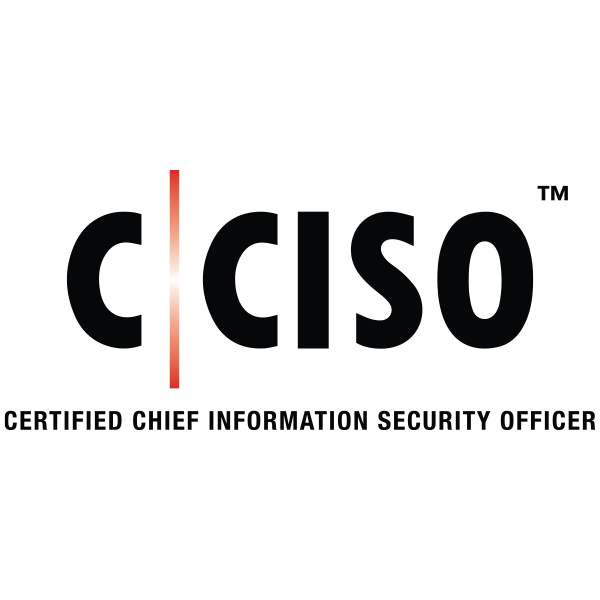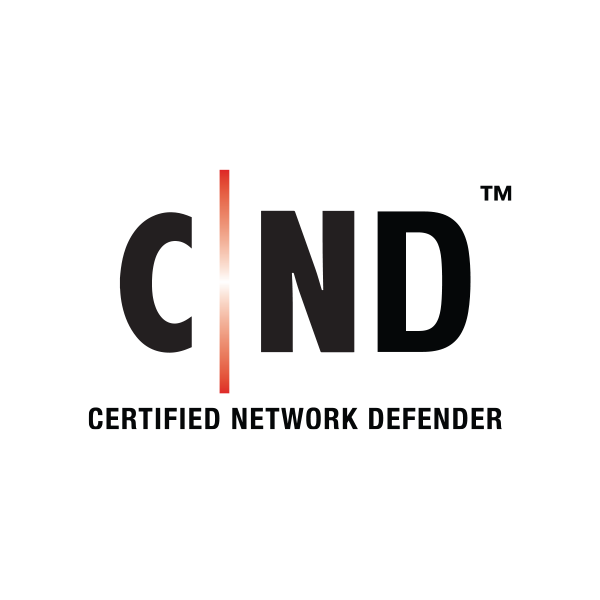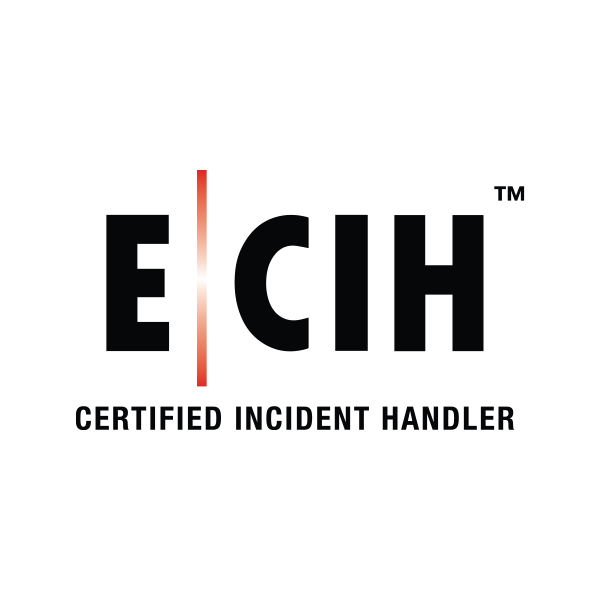Certified Ethical Hacker (CEH) Certification in Canada | EC-Council Training
Join the Growing Community of Canadian Ethical Hackers – Start Your CEH Journey Today!
Everyone learns differently, so we offer on-demand, live, and several other options to customize your training based on your learning style. Build your custom CEH package below.

Single On-Demand
Certification Course
Starting at
$1,699
Single Live Online
Certification Course
Starting at
$2,499
Most Popular
Unlimited On-Demand
Certification Courses
Starting at
$3,499
Special Offer

Fill out the form
Get 15% Off
Looking to boost your cybersecurity skills? Explore EC-Council’s full range of online certifications, and enjoy an exclusive 15% discount for learners in Canada.
Over the last few years, EC-Council has seen a dramatic increase in training requests
National Cyber Threat Assessment 2025–2026: What Canadians Need to Know
As cyber threats continue to evolve, the Canadian Centre for Cyber Security has released its latest National Cyber Threat Assessment, offering a clear-eyed look at the digital dangers facing Canada today. The 2025–2026 report outlines the most pressing cyber risks and the actors behind them—and it’s a must-read for anyone in cybersecurity or considering a career in ethical hacking.
Key Threats Identified
- The report highlights several major cyber threats that are expected to dominate the Canadian landscape over the next two years:
- Ransomware remains the most disruptive threat to Canadian organizations, from small businesses to critical infrastructure.
- Phishing and social engineering continue to be the most common entry points for cybercriminals.
- Data theft and extortion are on the rise, with attackers targeting sensitive personal and corporate information.
- State-sponsored cyber operations are increasingly targeting Canadian institutions, including government, healthcare, and energy sectors.
Cybercrime Trends in Canada (2014–2023)
Police-reported cybercrime incidents have increased significantly since 2014.
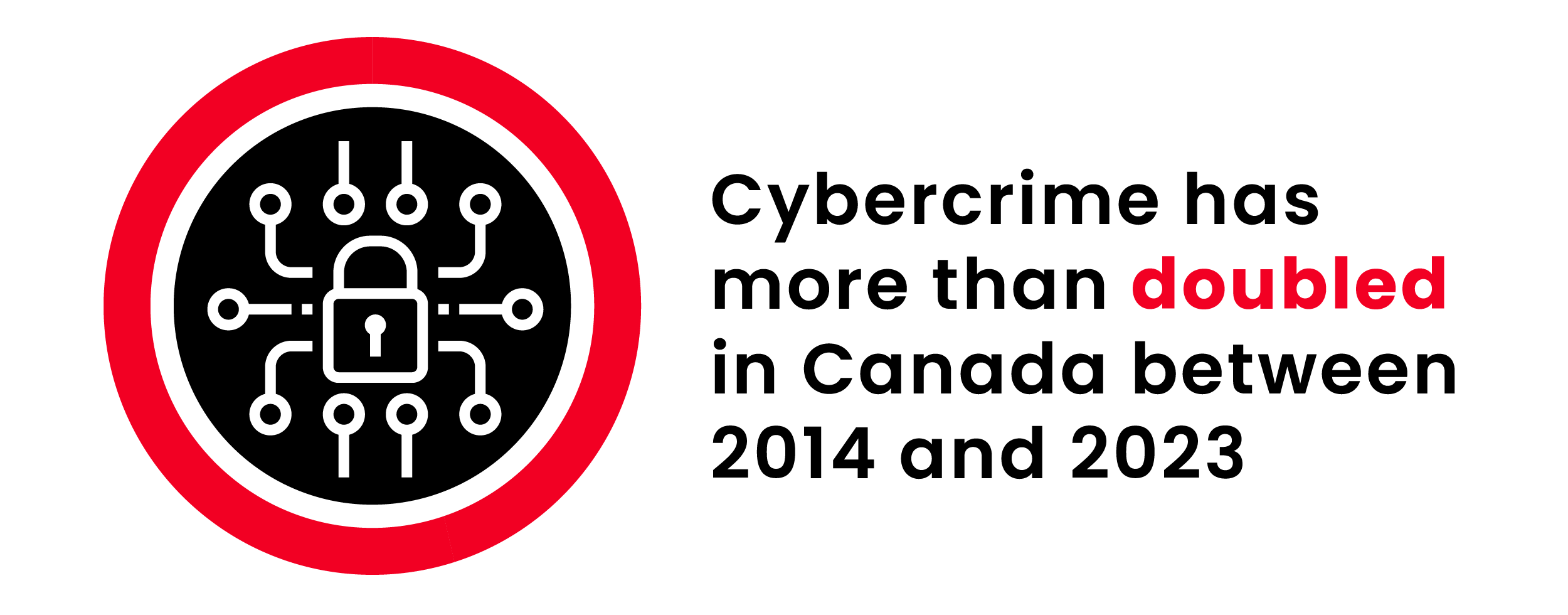
According to Statistics Canada, the number of reported cybercrime incidents more than doubled between 2014 and 2023.
This represents an estimated increase of over 100%, with phishing, fraud, and ransomware being the most common types.
Key Drivers of the Increase:
- Greater digital adoption across all sectors.
- More sophisticated phishing and social engineering attacks.
- Increased targeting of critical infrastructure and public institutions.
Cyber Threats to Canada’s Democratic Process: 2025 Update
Why Ethical Hackers Are More Important Than Ever
In an era where misinformation spreads faster than facts and foreign interference is a growing concern, the Canadian Centre for Cyber Security has released its 2025 update on cyber threats to Canada’s democratic process. The report paints a sobering picture of how digital threats are evolving—and why ethical hackers play a vital role in defending democracy.
The report outlines several major risks to Canada’s democratic institutions:
- Political disinformation campaigns designed to manipulate public opinion.
- Cyber espionage targeting political parties, candidates, and election infrastructure.
- Election interference through hacking of voter databases, websites, and communication platforms.
These threats are not just theoretical—they’re happening in real time, often orchestrated by foreign state actors with strategic interests in destabilizing democratic systems.
The Role of AI and Social Engineering
Threat actors are increasingly using AI to generate fake content, impersonate public figures, and automate phishing attacks. Social media platforms are being exploited to spread false narratives and sow division among voters.
This makes it harder than ever to distinguish between real and fake—and easier for malicious actors to manipulate public trust.
Why Ethical Hackers Matter
Ethical hackers—especially those trained and certified through programs like CEH (Certified Ethical Hacker)—are uniquely positioned to:
- Test and secure election systems before they’re exploited.
- Identify vulnerabilities in political party infrastructure.
- Simulate attacks to help institutions prepare for real-world threats.
- Educate stakeholders on how to recognize and respond to disinformation and phishing.
Bottom Line
Cybersecurity is no longer just a technical issue—it’s a democratic one. As Canada prepares for future elections, the need for skilled ethical hackers has never been more urgent. CEH-certified professionals are on the front lines, helping to protect not just data, but democracy itself.

